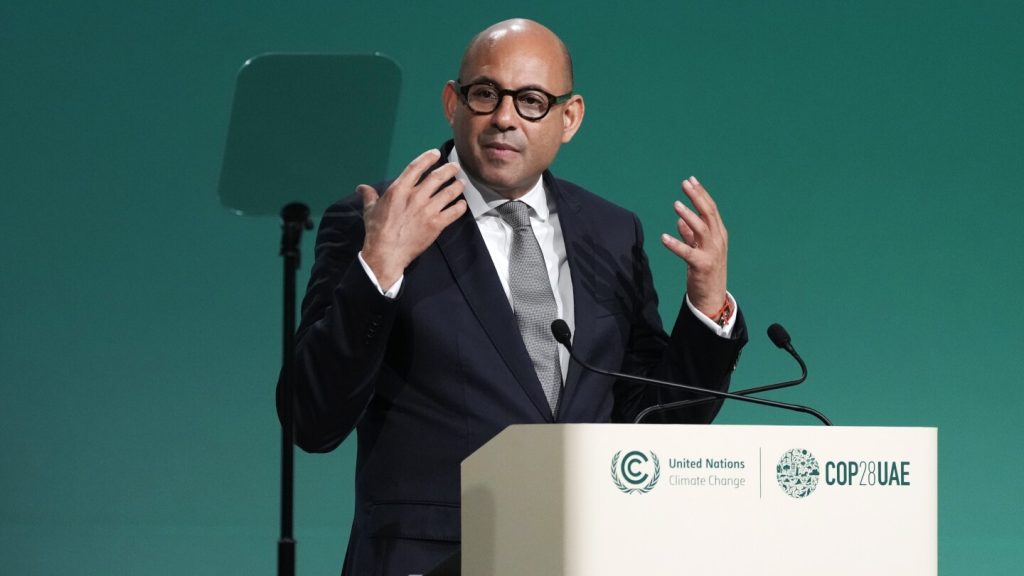The head of the United Nations climate agency has issued a dire warning, stating that humanity has only two years left to save the world by drastically reducing heat-trapping emissions. With a 2025 deadline for new and stronger plans to curb carbon pollution looming, Simon Stiell emphasized the urgent need for action. He stressed that everyone on the planet has a role to play in addressing the climate crisis, as more people are feeling the impacts of climate change in their everyday lives.
Recent crop-destroying droughts have underscored the need for bold action to curb emissions and assist farmers in adapting to the changing climate. Stiell highlighted the potential benefits of reducing fossil fuel pollution, including improved health and cost savings for governments and households. However, not everyone is convinced of the effectiveness of such warnings, with some experts cautioning that melodramatic rhetoric may not be well received or could even be counterproductive.
Levels of carbon dioxide and methane in the atmosphere reached record highs last year, contributing to rising global temperatures. Stiell warned that continued increases in emissions could deepen inequalities between the world’s richest and poorest nations, exacerbated by climate change impacts. The upcoming meetings of multinational development institutions, including The World Bank, will be crucial for addressing these issues and providing financial support to vulnerable countries.
Stiell called for a significant increase in climate finance this year, including debt relief for nations most affected by climate-related disasters. He urged more financial aid, not just loans, and emphasized the need for contributions from various stakeholders, including banks, international organizations, and the G20 nations. Addressing the climate finance problem is crucial for achieving sharp reductions in emissions and avoiding catastrophic climate impacts in the future.
The urgency of the situation was underscored by climate analysts and experts, who emphasized the importance of timely action and adequate financial support to meet global climate goals. Achieving the targets set out in the Paris Agreement, such as limiting global temperature increases to 1.5 degrees Celsius, will require significant efforts to ramp up renewable energy, electric vehicles, and other sustainable solutions. The longer governments wait to take action, the higher the costs and risks associated with climate change will become.
In conclusion, the call for immediate and substantial action on climate change is intensifying, with experts warning that the window of opportunity is rapidly closing. The upcoming global finance meetings and climate negotiations will be critical in determining the trajectory of emissions reduction and the world’s ability to combat climate change effectively. It is essential for governments, financial institutions, and other stakeholders to prioritize climate action and commit to ambitious measures to address the challenges ahead.


